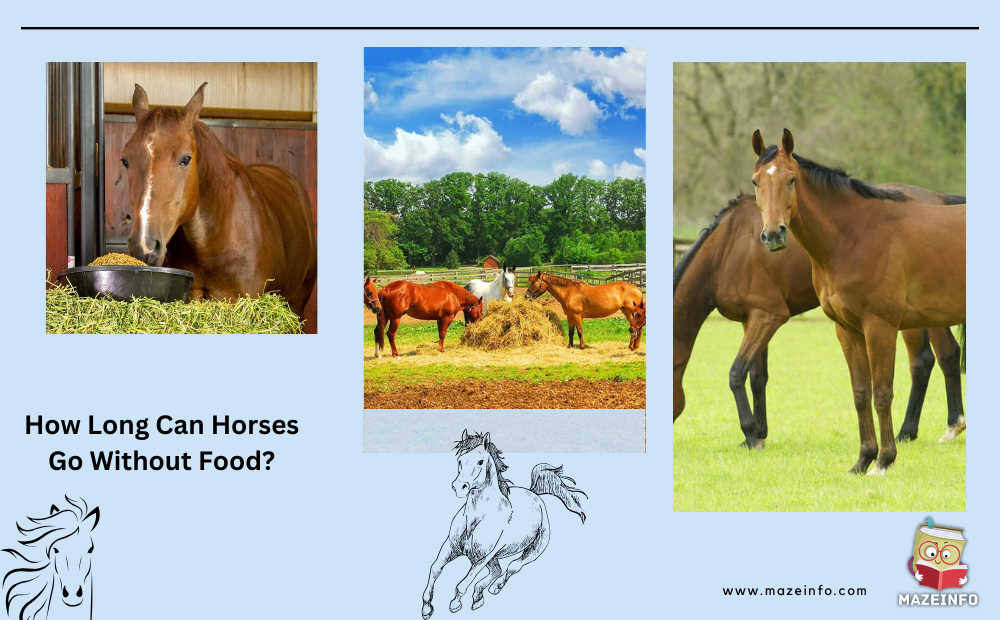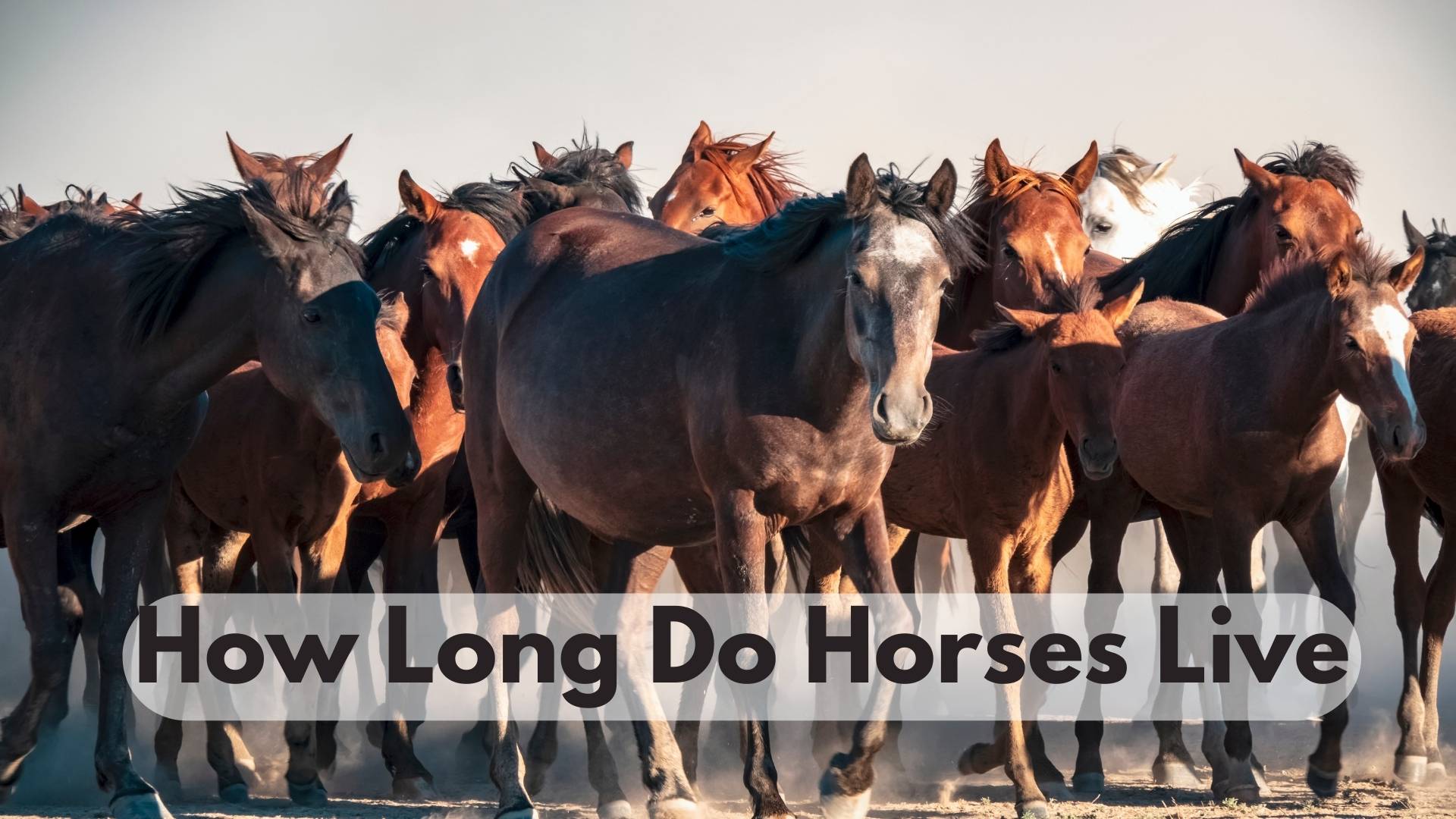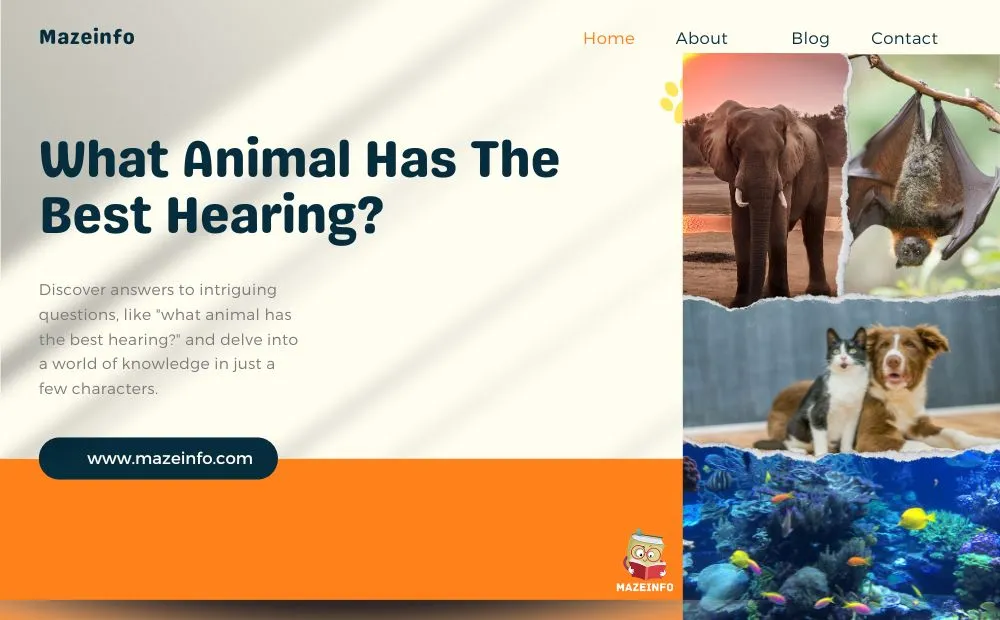The well-being of horses is a matter of paramount concern for those who care for these majestic animals. Central to their health is a proper diet, comprising a balanced mix of forage and supplementary feeds. However, circumstances may arise where horses find themselves without immediate access to sustenance. In such instances, understanding the physiological limits and potential consequences becomes crucial. This exploration delves into the question, “How long can horses go without food?” shedding light on the intricacies of equine metabolism and the factors influencing their ability to endure periods of limited nourishment.
Normal Feeding Schedule
A horse’s feeding schedule is a crucial aspect of its overall care and well-being. Establishing a routine that aligns with the horse’s nutritional requirements, daily activities, and health conditions is essential for maintaining optimal health and performance. The normal hay feed for horses schedule for horses typically involves a combination of forage, concentrates, and supplements, with considerations for factors such as age, weight, activity level, and individual health needs.
The goal is to provide a balanced and nutritious diet that supports the horse’s energy requirements, digestive health, horse food and overall vitality. Regular monitoring and adjustments to the feeding plan may be necessary to accommodate changes in the horse’s lifestyle, environment, or health status. Consulting with a veterinarian or equine nutritionist can help tailor a feeding schedule that best suits the specific needs of each horse.
Forage Dependence
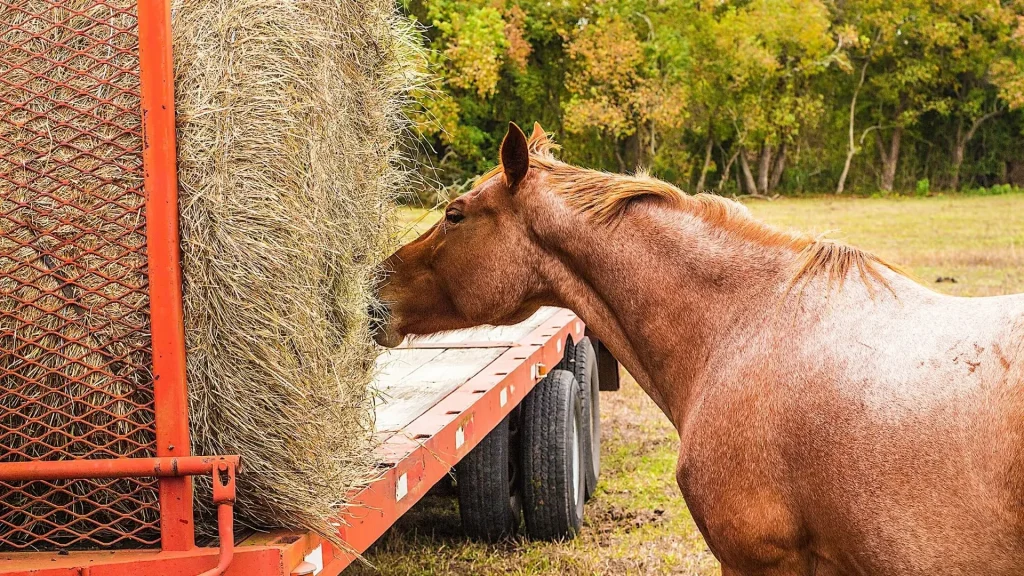
Forage, such as hay and pasture, plays a crucial role in a horse’s diet and overall well-being. Horses real horses are natural grazers, and their digestive systems are adapted to a diet that includes a significant amount of forage. Here are some key points highlighting the importance of forage in a horse’s diet and the effects of prolonged forage deprivation:
Importance of Forage in a Horse’s Diet
Forage is a fundamental component of a horse’s diet, playing a crucial role in maintaining overall health horse breeds and well-being. Horses are natural grazers, and their digestive systems are designed for continuous forage intake. Key reasons for the importance of forage include:
Digestive Health: Forage, such as hay and pasture grass, promotes proper digestion in horses. The constant chewing of fibrous materials helps maintain healthy teeth and gums, while the steady intake of forage supports the natural functioning of the digestive system.
Nutritional Balance: Forage provides essential nutrients, including fiber, vitamins, and minerals, which contribute to a balanced diet. Horses rely on these nutrients for optimal growth, muscle function, and overall vitality.
Weight Management: Forage aids in weight regulation for horses. The fibrous nature of forage requires extended chewing time, promoting a sense of fullness horse feed and preventing overeating. This is particularly important in managing weight and preventing obesity-related health issues.
Behavioral Fulfillment: Grazing is a natural behavior for horses, and access to forage allows them to exhibit natural grazing behaviors. This not only contributes to their mental well-being but also helps prevent boredom and stereotypical behaviors.
Effects of Prolonged Forage Deprivation
Depriving horses of forage for extended periods can have detrimental effects on their health and behavior. It can lead to various problems, including:
Digestive Disorders: Lack of forage can disrupt the natural digestive processes in horses, potentially causing issues such as colic, ulcers, horse breeds list and hindgut disturbances. The digestive system relies on a steady flow of fibrous material to function properly.
Dental Problems: Forage deprivation may result in dental issues, as horses need to chew on fibrous materials to maintain proper dental health. Without adequate chewing, horses may develop dental abnormalities and discomfort.
Behavioral Issues: Horses deprived of forage may exhibit undesirable behaviors, such as cribbing, weaving, or wood chewing. These behaviors can arise from boredom, stress, and frustration due to the absence of natural grazing activities.
Nutritional Deficiencies: Forage is a primary source of essential nutrients, and deprivation can lead to nutritional imbalances. This may result in deficiencies that affect the horse’s overall health, including coat condition, hoof quality, pony horse and immune function.
Water Intake
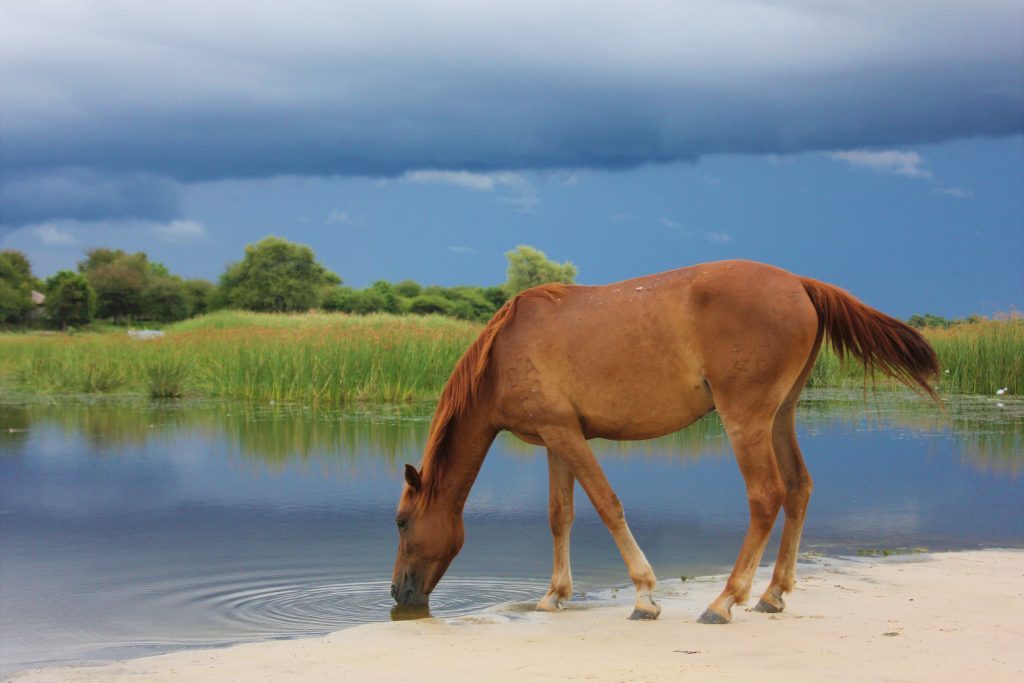
Water plays a crucial role in maintaining a horse’s overall health, and access to an adequate and clean water supply is essential for their well-being. Here are some key points regarding the importance of water for horses:
The Critical Role of Water in a Horse’s Overall Health
Water is an essential component of a horse’s overall health and well-being. Horses rely on water for various physiological functions, including digestion, temperature regulation, nutrient absorption, and waste elimination. Adequate water intake is crucial to maintaining optimal health, supporting bodily functions, food of the horse and preventing dehydration. Horses require a significant amount of water daily, and the availability of clean, fresh water is paramount to ensure their proper hydration. Lack of water can lead to various health issues, impacting performance, immune function, and overall vitality. Proper hydration is particularly vital for horses engaged in strenuous activities, such as exercise or competition.
How Long Horses Can Survive Without Access to Water
Unlike some animals, horses cannot endure extended periods without access to water. The survival time without water varies depending on factors such as age, health status, climate, and activity level. In general, a horse can only survive a few days without water. Dehydration in horses can have severe consequences, including colic, kidney problems, horses eat and electrolyte imbalances. It is essential for horse owners and caretakers to monitor water intake, especially during hot weather or when horses are engaged in rigorous activities. Providing constant access to clean water and addressing any issues that may hinder water consumption is crucial for the overall well-being and longevity of horses.
Metabolic Rate Variability
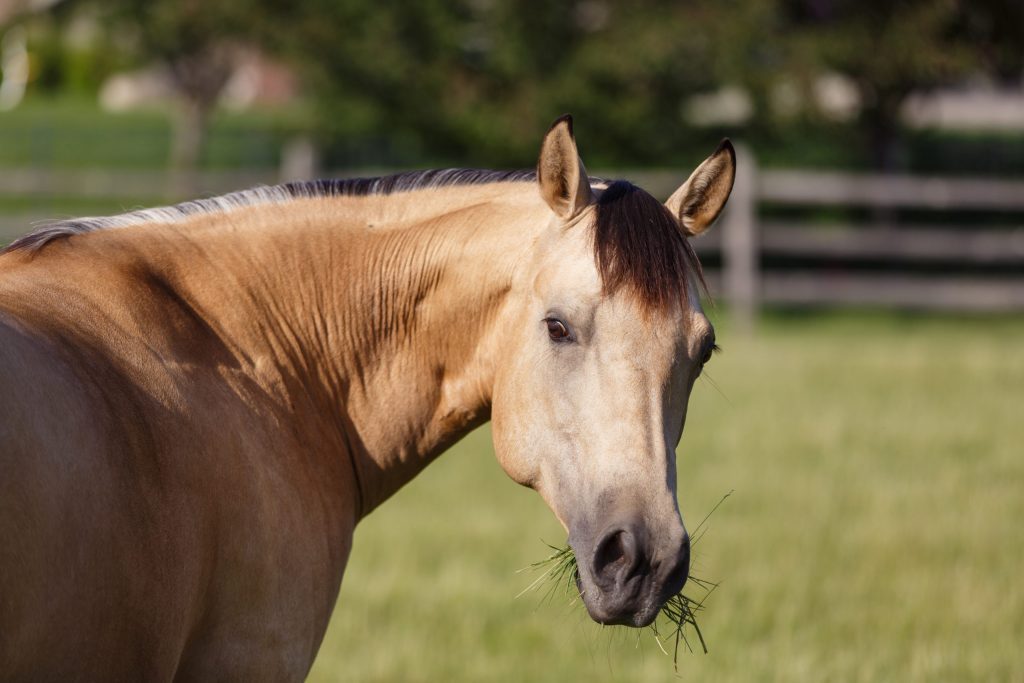
Metabolic rate in horses is influenced by various factors, and individual variability in metabolic needs is common. Understanding these factors is crucial for proper horse care and nutrition. Here are some key points to consider:
Factors Influencing a Horse’s Metabolic Rate
Body Weight and Composition: The weight and body composition of a horse play a crucial role in determining its metabolic rate. Muscle mass, fat percentage, food and horses and overall body size contribute to the energy requirements.
Age and Life Stage: Metabolic rates vary with age, as growing foals, mature adults, and senior horses have distinct energy needs. Additionally, pregnant or lactating mares require specific nutritional considerations.
Activity Level: The level of physical activity significantly influences a horse’s metabolic rate. Working horses or those engaged in strenuous exercise routines have higher energy requirements compared to sedentary counterparts.
Environmental Conditions: Environmental factors such as temperature, humidity, and altitude can impact a horse’s metabolic rate. Extreme weather conditions may increase energy expenditure as the body works to maintain thermoregulation.
Diet and Nutrition: The type and quality of the horse’s diet directly affect its metabolic rate. Feeding practices, including the quantity horse breeds horse and frequency of meals, as well as the nutritional content, play a crucial role in determining energy needs.
Variability in Individual Horse Needs
Genetics: Genetic factors contribute to individual variability in metabolic rates among horses. Inherited traits can influence how efficiently a horse utilizes nutrients and energy.
Health and Medical Conditions: Pre-existing health conditions, such as metabolic disorders or hormonal imbalances, can significantly impact a horse’s metabolic rate. Addressing specific health needs is essential in determining the appropriate nutritional plan.
Temperament and Stress Levels: A horse’s temperament and stress levels can affect its metabolic rate. Nervous or anxious horses may have higher energy requirements due to increased stress-induced metabolic activity.
Training and Exercise History: The horse’s training history different breeds of horses and exercise routine contribute to its individual needs. Well-conditioned horses may have different energy requirements compared to those with less training or recent changes in activity level.
Reproductive Status: Reproductive factors, such as whether a horse is pregnant, lactating, or a breeding stallion, influence metabolic demands. Meeting the specific nutritional needs associated with reproductive status is vital for overall health and performance.
Health Implications: Prolonged food deprivation, also known as starvation or extreme caloric restriction, can have severe consequences on both physical and mental health. Here are some of the risks and health issues associated with prolonged food deprivation:
Risks of Prolonged Food Deprivation
Prolonged food deprivation poses serious risks to an individual’s health, leading to various complications and adverse effects on the body. One of the immediate concerns is malnutrition, as the body is deprived of essential nutrients necessary for its proper functioning. This can result in weakened immune function, muscle wasting, horse species list and organ dysfunction. Additionally, extended periods of fasting may lead to electrolyte imbalances, which can disrupt crucial bodily functions such as nerve transmission and muscle contractions. The lack of energy intake can also cause extreme fatigue, dizziness, and cognitive impairment, impacting both physical and mental well-being.
Impact on the Digestive System
The digestive system bears a substantial burden during prolonged food deprivation. The absence of regular food intake disrupts the normal digestive processes, potentially leading to gastrointestinal complications. Issues such as constipation may arise due to a lack of dietary fiber, horses and breeds and the digestive organs may experience decreased efficiency, leading to discomfort and bloating. Moreover, the lack of food intake can alter the balance of gut bacteria, affecting the overall microbial ecosystem in the digestive tract.
Also, Read More: Unforgettable Princess Birthday Party Ideas
Emergency Situations
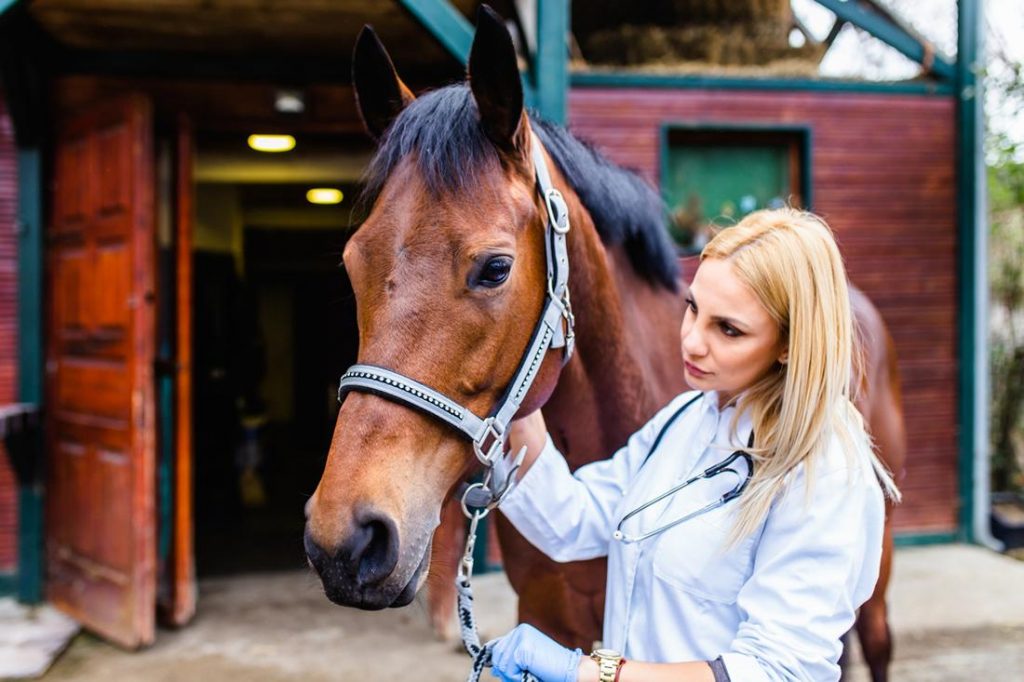
Managing emergency situations where horse horses are without food requires careful consideration to ensure their health and well-being. Here are some guidelines and temporary measures to support horse health in such situations:
Guidelines for managing situations where horses are without food
Assessment and Prioritization
- Evaluate the severity of the situation and prioritize horses based on age, health, and nutritional needs.
- Identify available resources and potential sources of emergency feed.
Emergency Forage Options
- Seek locally available forage options such as hay, straw, or other suitable plants.
- Consult with local agricultural experts to identify safe and nutritious forage alternatives.
Supplemental Feeding
- Provide appropriate commercial horse feed or supplements if available.
- Ensure a gradual reintroduction of feed to prevent digestive issues.
Hydration Management
- Monitor water sources and ensure horses have access to clean and uncontaminated water.
- Encourage water consumption, especially in situations where feed intake is limited.
Temporary measures to support horse health in emergencies
First Aid and Veterinary Care
- Address immediate health concerns with basic first aid.
- Seek veterinary assistance for injuries or illnesses requiring professional care.
Shelter and Protection
- Provide temporary shelter from extreme weather conditions.
- Implement measures to protect horses from environmental hazards.
Monitoring Vital Signs
- Regularly check vital signs such as heart rate, respiratory rate, and body temperature.
- Respond promptly to any signs of distress or abnormal behavior.
Communication and Coordination
- Establish clear communication channels with local authorities and equine community members.
- Coordinate efforts to share resources and support each other in times of crisis.
Documentation and Records
- Maintain records of each horse’s health status, treatments administered, and any changes observed.
- Facilitate smoother transitions of care in case of relocation or assistance from external sources.
Monitoring Body Condition
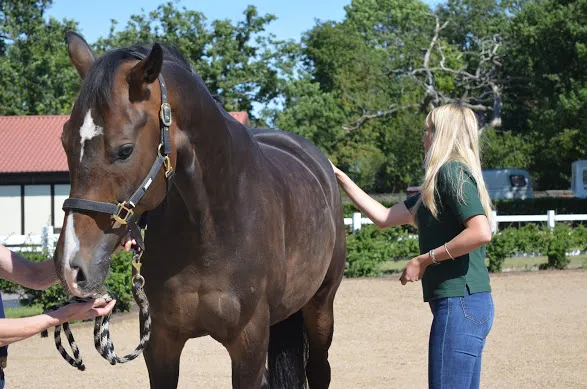
Regular body condition assessments are crucial for ensuring the well-being of individuals, be they humans or animals. When it comes to monitoring body condition, there are specific signs to watch for that can indicate malnutrition or distress. These signs may include changes in weight, alterations in skin and coat condition, lethargy, and behavioral shifts. Paying attention to these indicators allows for early detection of potential health issues breeds of pony and enables timely intervention.
Whether caring for pets, livestock, or even oneself, the importance of regular body condition assessments cannot be overstated. These assessments provide valuable insights into overall health, helping to prevent and address issues before they escalate. By staying vigilant and attuned to these signs, individuals can take proactive measures to maintain optimal body condition and overall well-being.
Conclusion
Responsible horse care involves providing consistent access to quality forage and a well-balanced diet. Owners and caretakers should be attentive to their horses’ nutritional needs, ensuring they receive appropriate big horse feed and monitoring their overall health. Neglecting a horse’s dietary requirements can have detrimental consequences, emphasizing the importance of responsible and informed equine management. Regular veterinary check-ups, proper feeding practices, and attention to the individual needs of each horse are essential components of maintaining their health and longevity.
Frequently Asked Questions (FAQ)
Q: Can horses survive on just water for an extended period?
Ans: No, horses cannot survive on water alone for an extended period. While water is crucial for their well-being, horses need a balanced diet that includes forage, grains, and minerals to maintain proper health.
Q: What are the risks of prolonged food deprivation for horses?
Ans: Prolonged food deprivation can lead to serious health problems in horses, including weight loss, weakened immune system, colic, and potentially life-threatening conditions like laminitis. It is crucial to provide horses with a consistent and appropriate diet.
Q: Under what circumstances might a horse go without food temporarily?
Ans: Horses may go without food temporarily due to travel, illness, or certain veterinary procedures. However, these situations should be managed carefully, and efforts should be made to resume a regular feeding routine as soon as possible.
Q: How can I ensure my horse gets proper nutrition during travel or emergencies?
Ans: Prepare for travel or emergencies by having a supply of hay and water available. Portable water containers and travel-friendly hay bags can help ensure your horse receives necessary nutrition during these temporary disruptions.
Q: What signs indicate that a horse is not getting enough food?
Ans: Signs of inadequate nutrition in horses include weight loss, lethargy, dull coat, changes in behavior, and dental problems. Regular monitoring and consultation with a veterinarian can help address nutritional concerns promptly.

